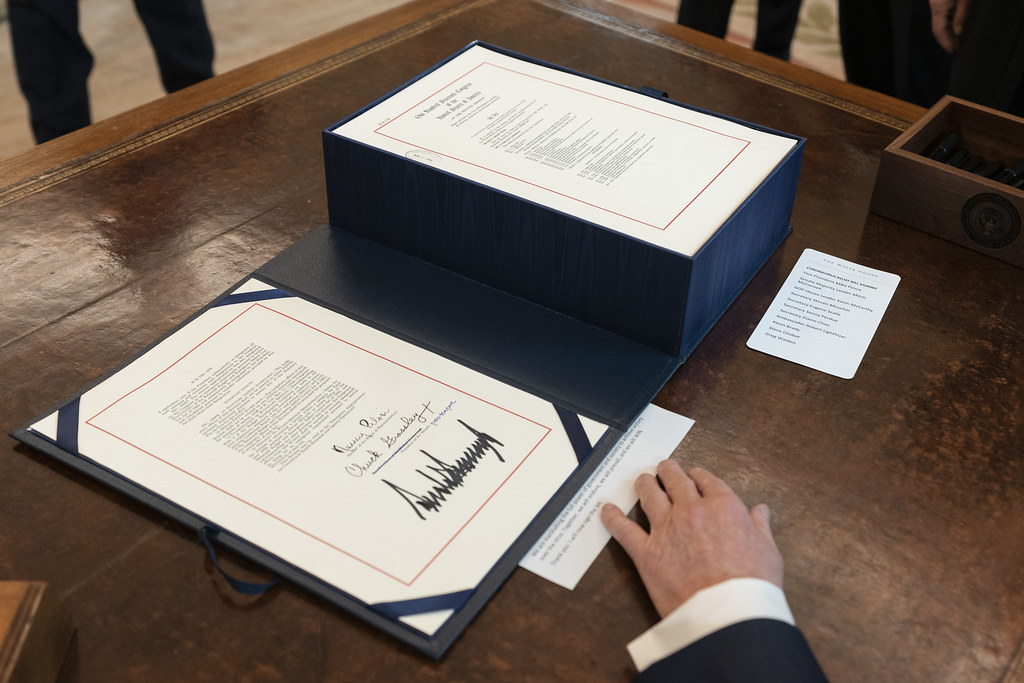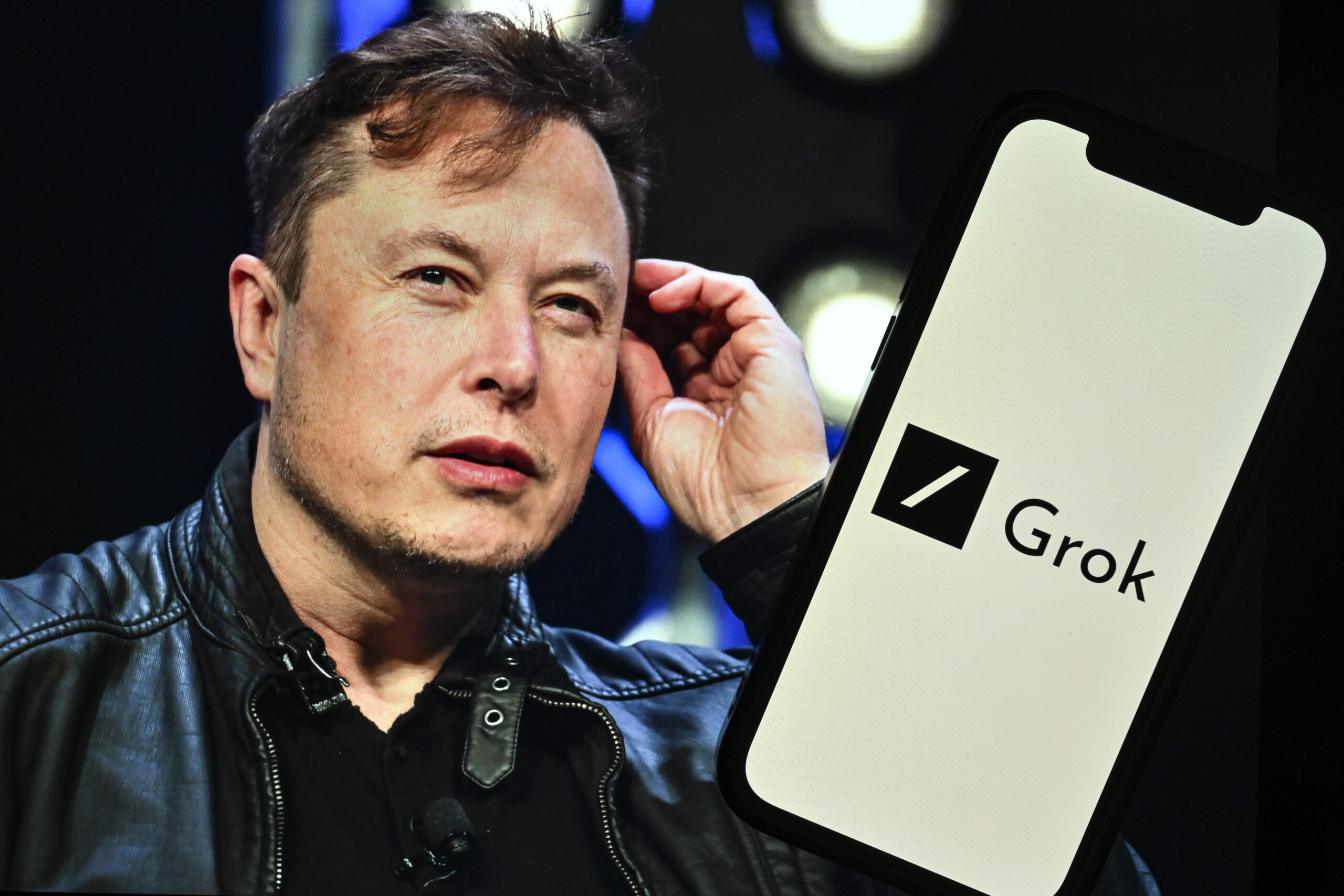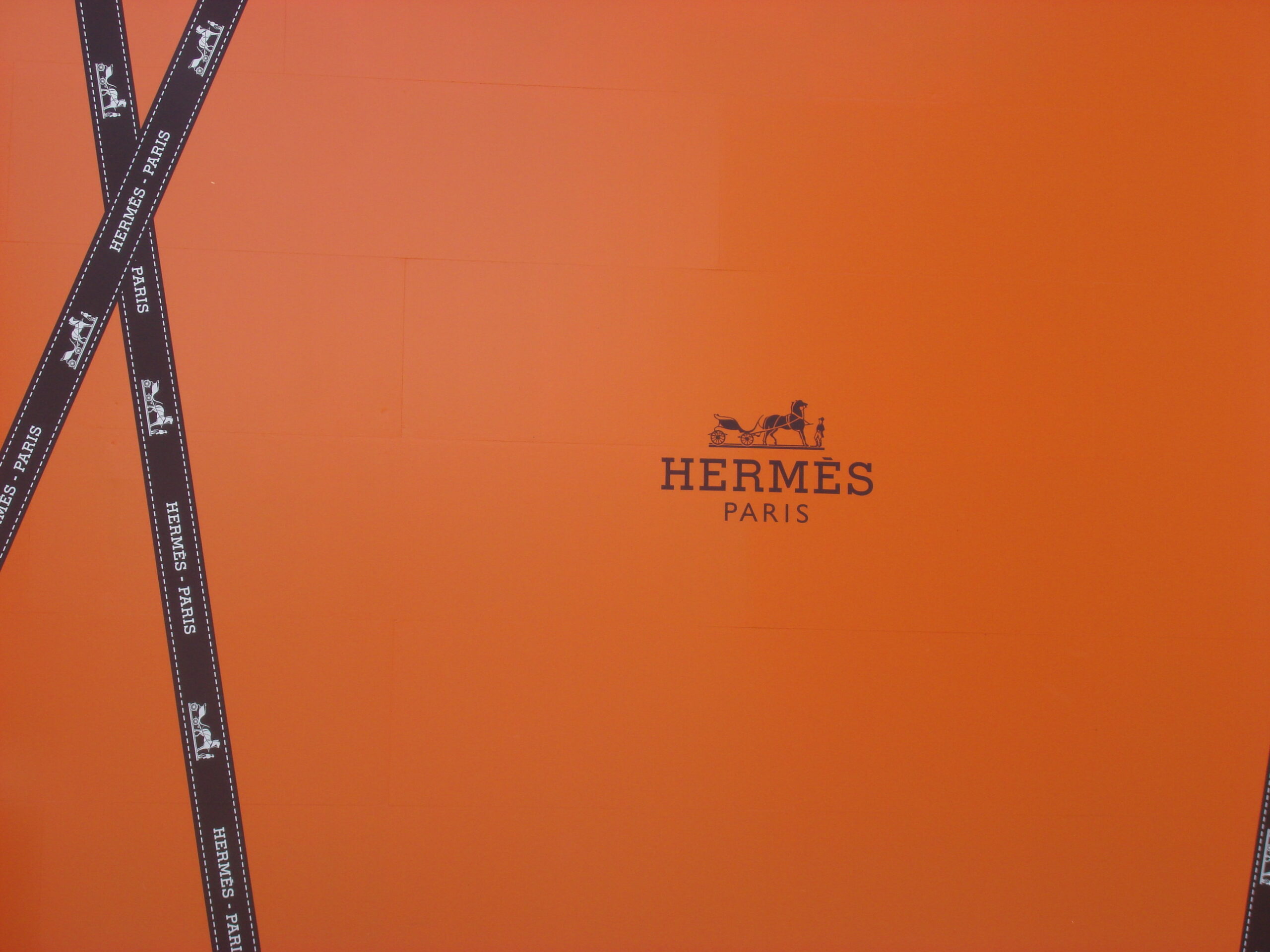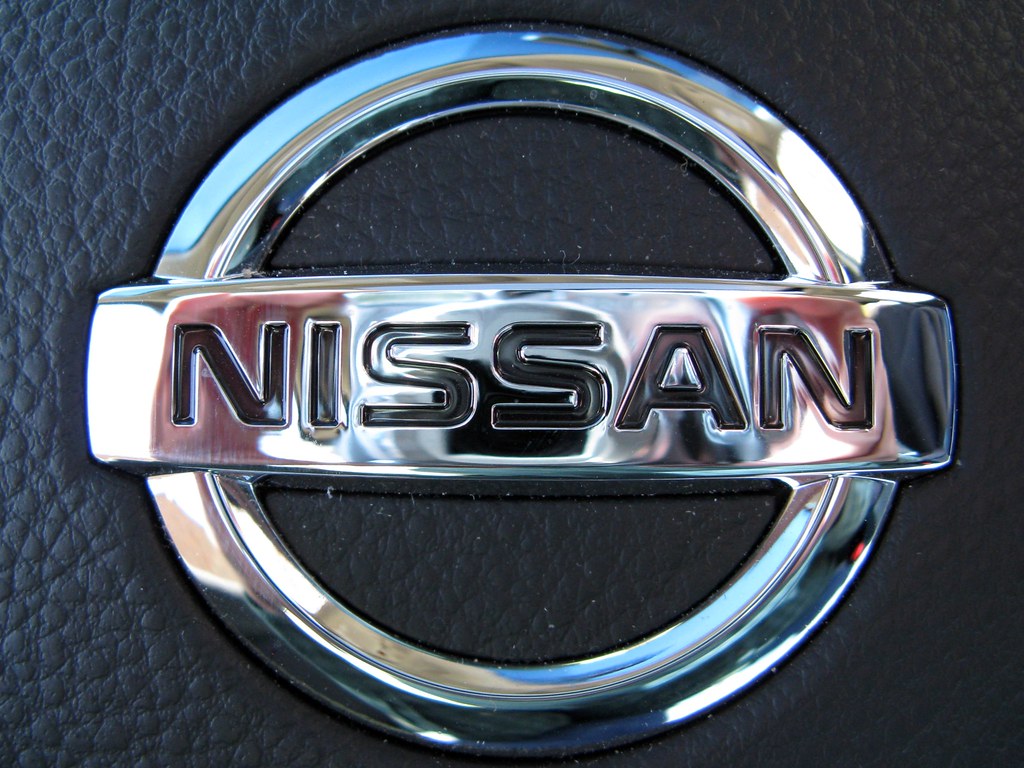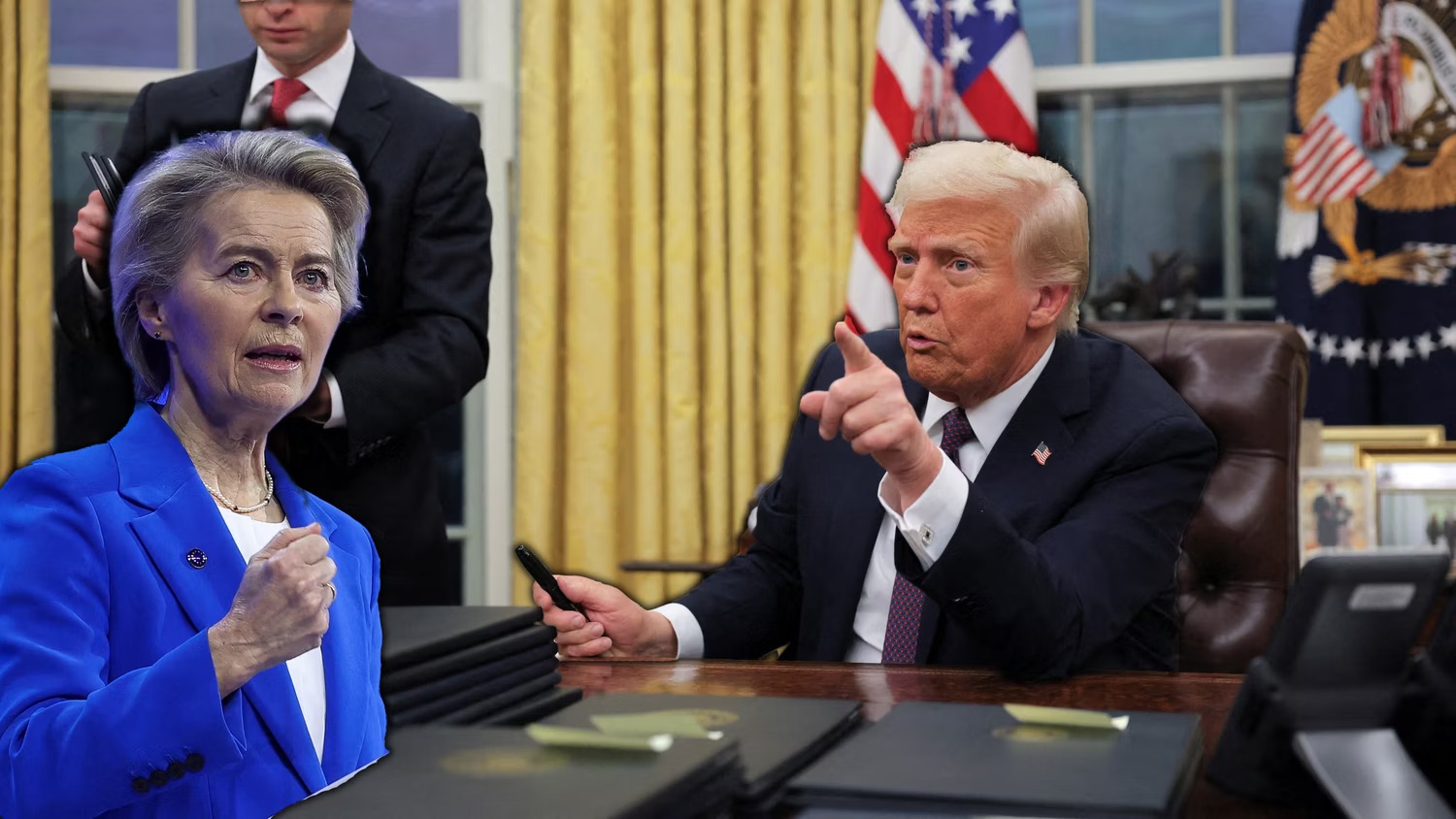French luxury group Hermès announced that it will raise prices in the U.S. starting in May, aiming to counteract the impact of President Donald Trump’s tariffs on its products. The price hike will only affect the U.S. market, as the tariffs specifically target American imports.
The company, which recently overtook LVMH as the world’s largest luxury firm by market capitalization, is well known for its high-end offerings such as Birkin and Kelly handbags, along with scarves, jewelry, watches, and perfumes. Hermès plans to raise its prices starting on May 1, to “fully offset” the 10% tariff imposed by the U.S. government in early April.
According to Hermès’ executive vice president for finance, Eric du Halgouët, the price increase will not apply to other regions, as it is tailored to address the impact of the U.S. tariffs alone. The company’s decision comes as part of a broader trend where U.S. consumers can expect to face higher prices across a variety of goods, including electronics, apparel, cars, and even housing, as the tariffs begin to take their toll.
Slowing Sales Growth in Q1 for Hermès
In its first-quarter financial results, Hermès reported an 11% sales growth in the Americas, which accounted for nearly 17% of its total sales revenue in the first three months of the year. However, the company’s overall revenue growth of 7% on a constant currency basis fell slightly short of analysts’ expectations of 8% to 9% growth. This marks a slowdown compared to the 17.6% growth in the fourth quarter of 2024.
Despite the weaker-than-expected results, Deutsche Bank analysts referred to the outcome as “robust,” citing challenges in the watches and perfume segments. Citi described the results as a “respectable outcome.”
The company’s share price dropped by 1.3% in morning trading, bringing its market value to €244.5 billion ($278.2 billion), nearly reaching the valuation of rival LVMH, which stood at €245.7 billion.
A Competitive Luxury Market
While Hermès’ revenue growth slowed, the company continues to dominate the luxury sector. LVMH, which controls luxury brands like Louis Vuitton and Dior, has seen an unexpected decline in first-quarter sales, particularly within its fashion and leather goods division.
Though analysts predict that luxury brands will face less impact from tariffs than other retailers due to their ability to pass on higher costs to affluent consumers, the broader economic climate could create headwinds for the industry. Weak global economic growth and concerns about a possible recession could slow consumer spending, which is particularly relevant for companies like Hermès that rely on high-end goods for their sales.
Author’s Opinion
Hermès’ decision to raise prices in response to tariffs seems to be a reasonable strategy, given the brand’s ability to pass on the costs to affluent customers. However, in the long term, the luxury sector may find itself increasingly vulnerable to the broader economic slowdown, as high-net-worth individuals may also become more cautious in their spending. The growing reliance on price hikes may reduce the sense of exclusivity and undermine the luxury experience that brands like Hermès are known for.


